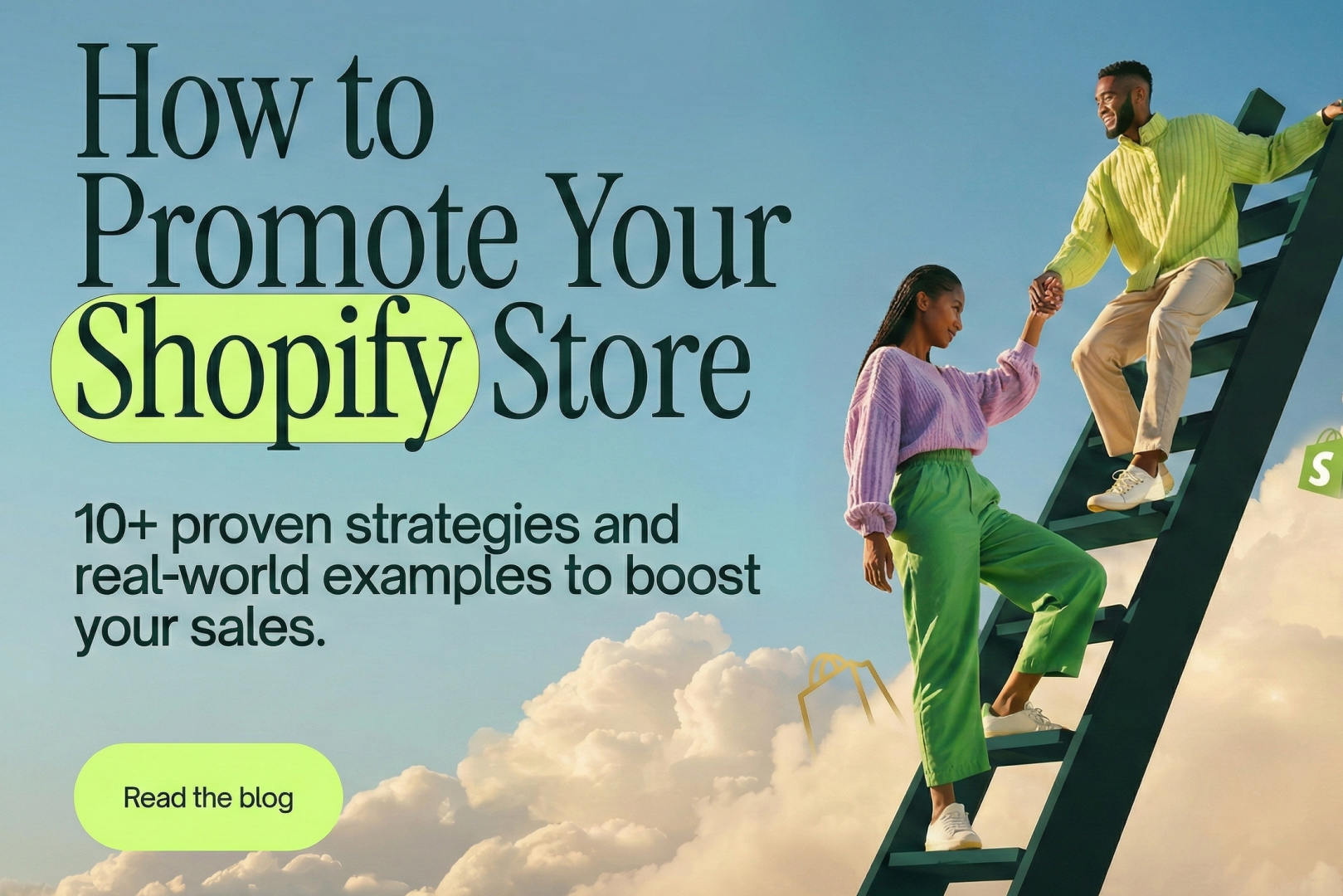According to Market US, The CBD industry is anticipated to reach approximately USD 36.6 billion by 2033, but every CBD advertising platform seems designed to work against you. . Platform restrictions, account bans, compliance requirements, and algorithm changes make it nearly impossible to scale using Ads.
In this article, we'll break down why traditional marketing fails CBD brands and reveal the one channel driving 6X higher customer lifetime value for CBD brands. Here's what you'll learn: how to overcome platform restrictions, why mobile apps outperform all other channels, and how to grow a CBD Brand without getting banned in 2025.
Want personalized guidance on your CBD marketing strategy? Schedule a call with a CBD App Growth Expert.
What's wrong with existing marketing channels?
Every major advertising platform restricts or bans CBD marketing despite recent favourable policy changes. While some platforms have loosened restrictions slightly, the reality remains unfavourable and challenging for most CBD brands trying to scale through traditional channels.
1. Meta (Facebook and Instagram) = Requires LegitScript Certification.
CBD advertising is only allowed with prior written approval and LegitScript certification. Even certified advertisers face strict targeting guidelines and must comply with local laws. Most brands struggle with the certification process and ongoing compliance requirements.
2. Google Ads = Limited to Only 3 States in US
Recent policy updates now allow FDA-approved topical CBD and hemp-derived CBD products with 0.3% or less THC, but only in California, Colorado, and Puerto Rico. All other CBD products remain banned under Google's Dangerous Products policy.
3. X (formerly Twitter) = Pre Approval Required
X allows CBD advertising with pre-approval but restricts targeting to licensed markets. Ads cannot promote cannabis sales (except some topicals), target under-21 users, or make health claims. The platform remains more accessible than others but still requires a lot of compliance.
4. TikTok = Completely banned.
TikTok has zero tolerance for Cannabis-related content in the United States. Organic posts get shadowbanned, and paid promotion is blocked.
5. Email Marketing = Deliverability Nightmare.
CBD emails frequently land in spam folders due to ISP filtering. Many email service providers flag CBD content automatically, resulting in poor deliverability rates.
What's the hidden cost of platform dependency?
Most CBD brands don't calculate the true cost of relying on platforms that restrict their products. Here's the breakdown:
You're essentially paying platforms to reject your business. The average CBD brand wastes $15,000+ monthly on advertising channels that either ban them outright or severely limit their reach.
So what's the solution?
A direct-to-consumer mobile app approach that bypasses advertising platform restrictions entirely.
Why Mobile Apps are the #1 channel for CBD Brands
Mobile apps solve every major CBD marketing challenge by giving CBD brands complete control. Unlike social advertising platforms or email providers, apps don't have advertising policies that restrict CBD content, algorithm changes that limit organic reach or suspend your account.
Push notifications outperform email by 4X for CBD brands. While email open rates hover around 4% for CBD companies, push notifications achieve much higher open rates at zero cost. As push notifications bypass spam filters and ISP restrictions that plague CBD email marketing. Personalized experiences, loyalty programs, and subscription management all contribute to increased retention and repeat purchases.
.webp)
How do mobile apps fix the broken CBD Marketing funnel
The existing CBD marketing channel creates a leaky funnel with poor retention. Users discover products through word-of-mouth, social media or limited advertising, and visit a website.
Without retargeting options on major advertising platforms, 85% of CBD website visitors never return. CBD brands spend anything between $10,000+-$25,000 monthly on ads that get blocked or disapproved, to retarget their customers.
Mobile apps create a closed-loop system for customer retention. Once downloaded, apps provide multiple touchpoints for re-engagement without relying on external advertising platforms.
.webp)
Not sure where to start with mobile apps? Our CBD App Growth Experts can help - book a call today.
What are the CBD Advertising rules in 2025?
Compliance remains the biggest challenge for CBD marketing in 2025. Understanding the current regulations will help you prepare well in advance:
1. Advertising platform policies remain restrictive across all major channels.
Tiktok maintains a complete ban on CBD content. Meta allows advertising with prior written approval and LegitScript certification. Google allows limited search advertising for licensed retailers but prohibits display and shopping campaigns.
2. Payment processing adds another compliance layer.
Shopify Payments cannot be used for CBD sales. Instead, you'll need to use a third-party gateway like Bankful or DigiPay leading to higher fees and processing complications. This creates friction in the customer journey and increases operational costs.
3. State regulations vary significantly across the U.S.
What's compliant in California may violate rules in other states. Brands must navigate a 50-state patchwork of regulations while maintaining consistent marketing messages.
4. International markets have separate compliance requirements.
European Union regulations differ from U.S. policies, while markets like the UK and Asia-Pacific regions maintain their own specific requirements for CBD marketing and sales.
What is the future of CBD Marketing?
Own Your Customer Relationship. Traditional advertising channels will likely become more restrictive. As regulations evolve and platforms face pressure, access to paid advertising will continue shrinking for CBD brands. Each algorithm change, policy update, or platform restriction can kill months of marketing momentum overnight.
Brands that build direct customer relationships today will have significant advantages in the coming years. Mobile apps is the only channel that isn’t subject to external policy changes or algorithm updates.
With consumer expectations for personalized experiences only rising. Apps enable the kind of customization and personal attention that builds lasting brand loyalty in the competitive CBD market.
Ready to build a compliant mobile app that grows your CBD brand? Schedule a call with Appbrew.
FAQ about CBD Marketing?
What are the restrictions for CBD marketing?
Most major platforms ban or severely restrict CBD advertising. Meta requires LegitScript certification, Google only allows ads in 3 US states, TikTok completely bans CBD content, and email providers often flag CBD content as spam.
How to promote CBD products?
Mobile apps are the most effective channel to promote CBD brands. They bypass platform restrictions entirely and offer direct customer communication through free push notifications.
Can you advertise CBD products?
The only solution is building direct customer relationships through mobile apps, which aren't subject to advertising platform restrictions or policy changes.





.avif)





